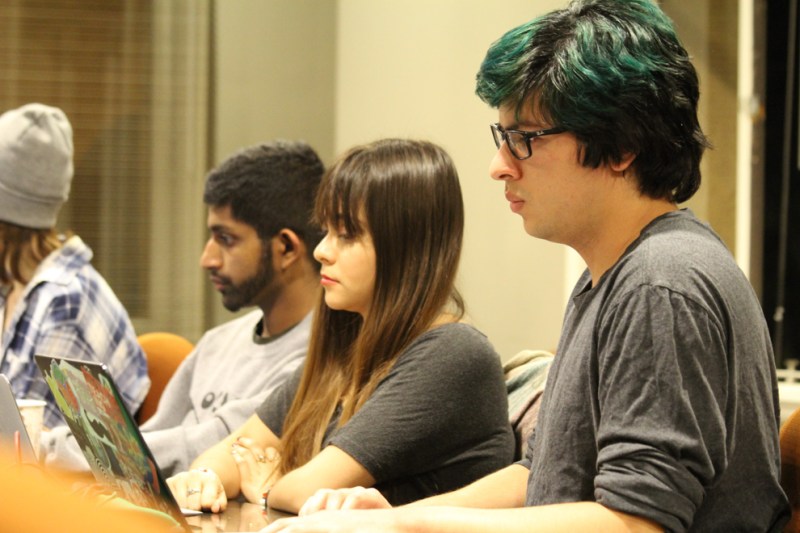This year, the Associated Students of Stanford University (ASSU) Elections Commission has made substantial revisions to the elections process, most notably with the introduction of Qualtrics, an online platform that the University uses for administrative surveys. For the first time, individualized links to ballots will be sent to each student’s email. Other additions to the voting process include reminder tables on voting days, hosted debates for the executive slates, and dinner discussions between voters and candidates.
According to ASSU Elections Commissioner Paul Serrato ’19, the voting system and new events will be implemented in order to increase voter turnout and civic engagement amongst students. The Qualtrics voting link, which will be more mobile-friendly than the website used in years past, will be sent to all enrolled students who are eligible to vote.
The Elections Commission hopes that this will make voting easier and quicker for students. In addition, the ballot will be linked to the voter guide website, which includes candidate statements and policy issues that candidates care most about.
“Hopefully [Qualtrics] helps promote voter turnout which is something the elections commission is trying to improve this year,” Serrato said.
The voting turnout rate for ASSU elections was approximately 58 percent for undergraduate students and 16 percent for graduate students in 2014, said Serrato. However, these numbers fluctuate from year to year, and data are not available for all years. To standardize the data, the Elections Commission will also try to “recover institutional memory” of past years to provide a stronger history of voting trends.
“In the past, voter turnout among the graduate student population has been relatively lower than the undergraduate population,” Serrato said. “So this year the Elections Commission is working closely with the GSC [Graduate Student Council] and the Senate to try to find ways to increase civic engagement on campus with our student government.”
To foster as much voter turnout as possible, the Elections Commission will place stations in “strategic” spots around campus to remind students to vote on election days, which will be April 13 and 14.
Senate Chair Shanta Katipamula ’19 applauded the efforts to encourage civic engagement.
“Around election time, campus gets very active in politics, especially Stanford politics,” Katipamula said. “I think anything we can do to improve the elections process is good.”
This year’s elections process will also include hosted debates for the executive slates in addition to a debate with senate candidates. The Elections Commission, along with The Daily and KZSU, will cosponsor a debate for the six executive slates to which students will have the opportunity to submit questions for the candidates beforehand.
The debate will also include time for in-person questions and is scheduled for April 10 at 4:30 p.m. in Pigott Auditorium.
As a final push to increase civic engagement, the Commission plans to host dinners between candidates and students to facilitate discussion about issues that students face, said Serrato. For undergraduates, these dinners will likely be held at Stern Dining and Lakeside Dining, and the Commission plans to host a similar event at the Graduate Community Center.
More information about the finalization of these initiatives can be found at elections.stanford.edu.
Contact Jordan Payne at jpayne1 ‘at’ stanford.edu.
